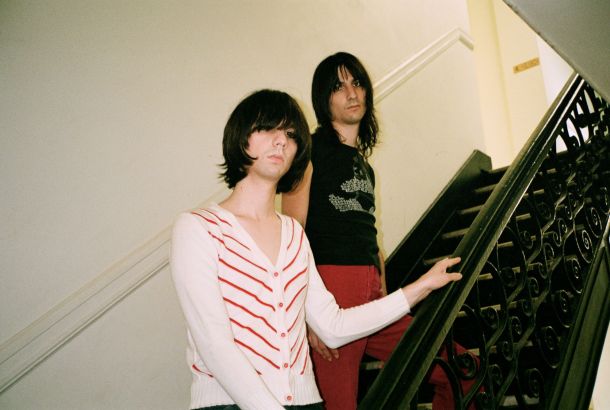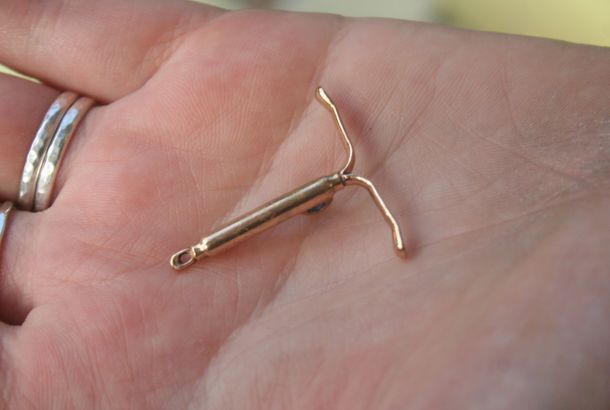My Political Hero: Jimmy Carter
By Cat Hanson
Jimmy Carter really ought to have been considered the perfect US President. Morally firm like a church pastor, yet as neutral as Switzerland and polite as a Canadian, his sheer affability was an asset to both domestic and international politics in a world suffering at the hands of despotic maniacs and crippled by currencies collapsing to the value of a used Kleenex. Wearing extra jumpers to save on heating in the White House, installing solar panels and recognising the futility of threatening the Soviet Union, Carter was mind-bogglingly considerate. For four years in the late ‘70s and early ‘80s, this was America’s compassionate, gentle and ever-supportive parent.
Wise, unassuming and undervalued, President Carter possessed an extraordinary ability to simultaneously empathise with the religious and non-religious, peacemakers and the military, public servants and entrepreneurs, rich and poor, intellectuals and politicians – because, quite simply, he had been all of them. Relinquishing a successful Navy career in order to support his family’s ailing peanut farm, Carter turned his fortunes around by kick-starting the business, before being sworn in as Democratic Governor of Georgia in 1971. Six years later, he was President of the United States, and the most powerful man in the world. Though determined to share his experience and knowledge with the masses in order to attack a complex myriad of problems, the world was not always ready or willing to sit up and listen.
His incredible Presidential achievements are many and varied. Firstly, the Camp David Accords saw Carter preside over the signing of an Egyptian-Israeli peace treaty in 1979. That’s right, peace in the Middle East – your eyes do not deceive you! Secondly, and most controversially, he returned the Panama Canal to General Torrijos in 1977; the United States, Carter clearly felt, had more than its fair share of canals in its own territory. However, his greatest triumph was surely the dignity and humility he displayed in his fight for extended human rights and overarching good will. Unlike his successor, President Reagan, he recognised that yelling, “tear down this wall!” would hardly make Mr Gorbachev better disposed to doing so. Unlike some of his predecessors, he understood that ground troops and tanks are not generally welcomed by natives with open arms and crumpets.
Instead, he took a practical approach to diplomacy, engaging in face-to-face talks and identifying that the United States was far from perfect. Carter ceased to overlook human rights abuses in friendly territories, campaigned tirelessly against the abhorrent death penalty and highlighted the previously sidelined issue of gay rights. Republicans often sneered at his supposed weakness; on the contrary, Carter was a pillar of great strength in the face of a belligerent world.
His inspiring work continues to this day, having won the 2002 Nobel Peace Prize and campaigned tirelessly for low-income Georgian families. He has spent the best part of the last decade persuading Senators and Congressmen of the hypocrisy of Guantanamo Bay, attempting to assuage the religious right and promoting clean energy in the face of idiocy. A record like Carter’s should be celebrated, published worldwide, bottled and sold and textbooks festooned with his teachings.
Alas, his insight appears to have been ahead of his time. Living up to his parental role, he gave one simple warning in his televised message of 1977. He outlined the degeneration of society into raving materialistic lunacy, “worshipping self-indulgence and consumption”. This wasn’t Marxism or collectivised peanut farming – this was absolute common sense. Of course, no one listened, but Carter knew that one day the message would sink in. “Owning things and consuming things does not satisfy our longing for meaning,” he said. As I sit surrounded by my laptop, TV, iPhone and (albeit Primark) clothing, I can’t help but think – no, know – that he was right.






